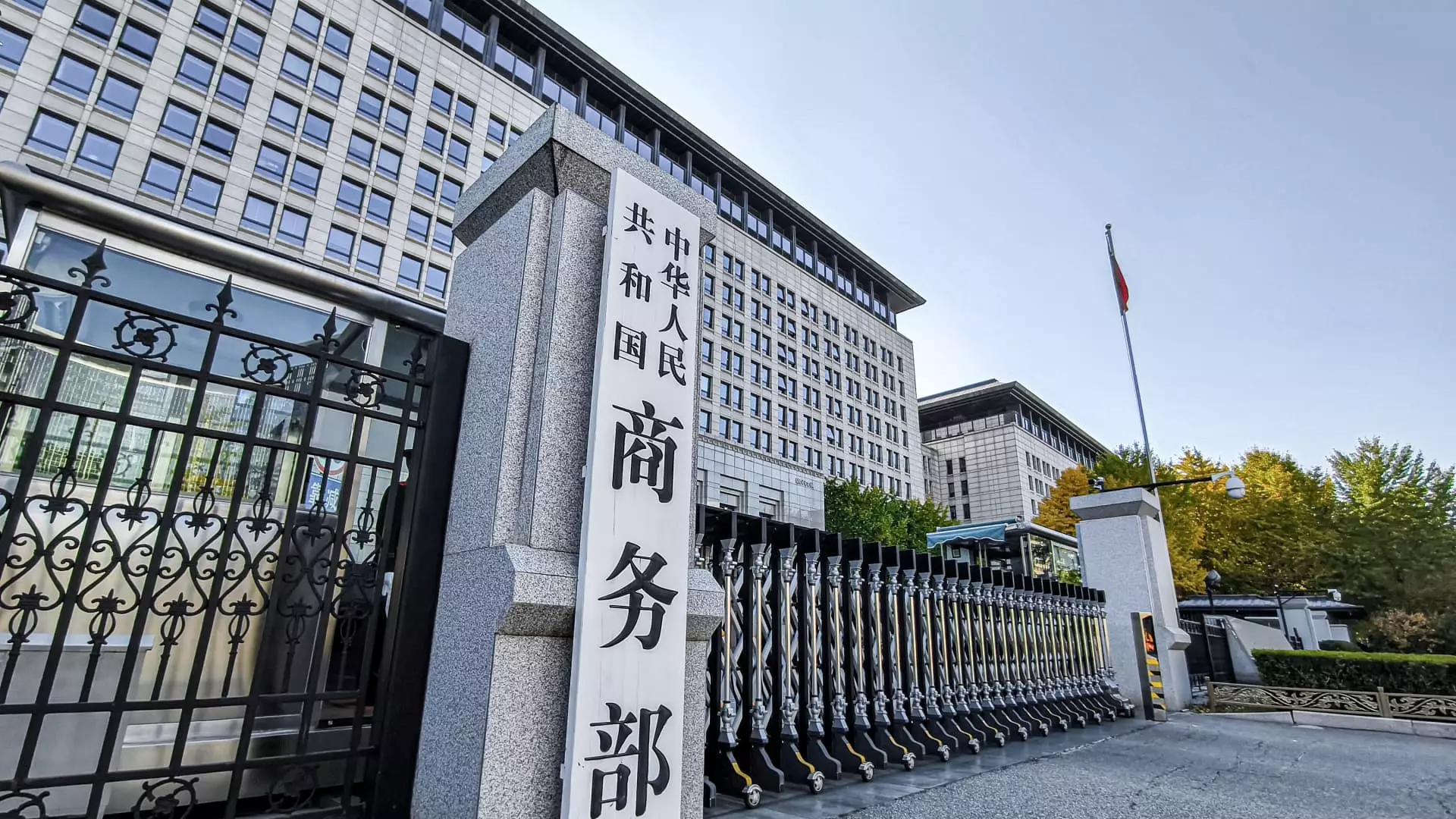In an unprecedented leap towards economic isolationism, the Trump administration has unleashed a wave of punitive tariffs that not only undermine international trade protocols but also unleash a ripple of hostility among trading partners. As China’s Ministry of Commerce declared its intent to undertake “resolute counter-measures,” we find ourselves perched on the brink of a trade war that feels less like a calculated strategy and more like the petulant tantrum of a schoolyard bully. With remarks labeling the U.S. actions as “unilateral bullying practices,” it is clear that the global community perceives these tariffs not just as economic barriers, but as affronts to collaborative trade ethics.
The Stakes Involved
Trump’s tariffs—culminating in a staggering total of 54% on Chinese goods in conjunction with pre-existing tariffs—reveal a brash disregard for diplomatic relations. Such sweeping measures create uncertainty and fear among industries that rely on global supply chains. This will inevitably lead to inflated consumer prices and hinder economic growth. The U.S. may be professing a desire for ‘reciprocal tariffs’, but what is truly happening is a dismantling of the very principles that underpin multilateral trade agreements. Instead of fostering a spirit of collaboration, Trump’s approach is driving a wedge deeper into international relations.
Global Dissent and the Fight Back
Canada’s Prime Minister Mark Carney’s vow to fight these tariffs “with purpose and force” and South Korea’s urgent call for emergency measures reflect a collective discontent that resonates globally. Countries are uniting against what they perceive to be a tyrannical approach to trade— one that jeopardizes their economies while the U.S. imposes its will without considering the collateral damage involved. Countries like Australia, despite hesitating to impose their own tariffs, openly condemned the American measures as the actions of a “poor decision.” This disapproval underscores a vital rift: allies of the U.S. feel the consequences of these tariffs acutely but are not equally allowed to retaliate, thus exposing the inherent hypocrisy in Trump’s policies.
A Widening Trade Divide
Ultimately, this tactic is not only about tariffs but rather a broader philosophical shift in how countries are willing to conduct business with one another. Isolationist policies born out of fear or jingoism only serve to erode trust and cooperation. For a country that prides itself on being a beacon of democracy and global leader, it is astoundingly counterproductive. The very foundation of fair trade is crumbling under the weight of unilateralism and ego-driven policies that prioritize power over partnership.
This emerging climate is not just a battle for tariffs, but a tug-of-war for the future direction of international relations and economic engagement. The pacifying words from the White House may attempt to mask the catastrophic long-term effects of these tariffs, but the truth remains: such reckless actions are necessitating a fundamental reconsideration of how the world can mutually benefit in trade, and whether such a beneficial future can survive under the heavy-handed reign of protectionism.


Leave a Reply